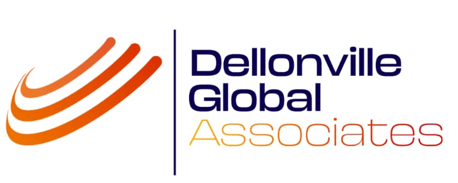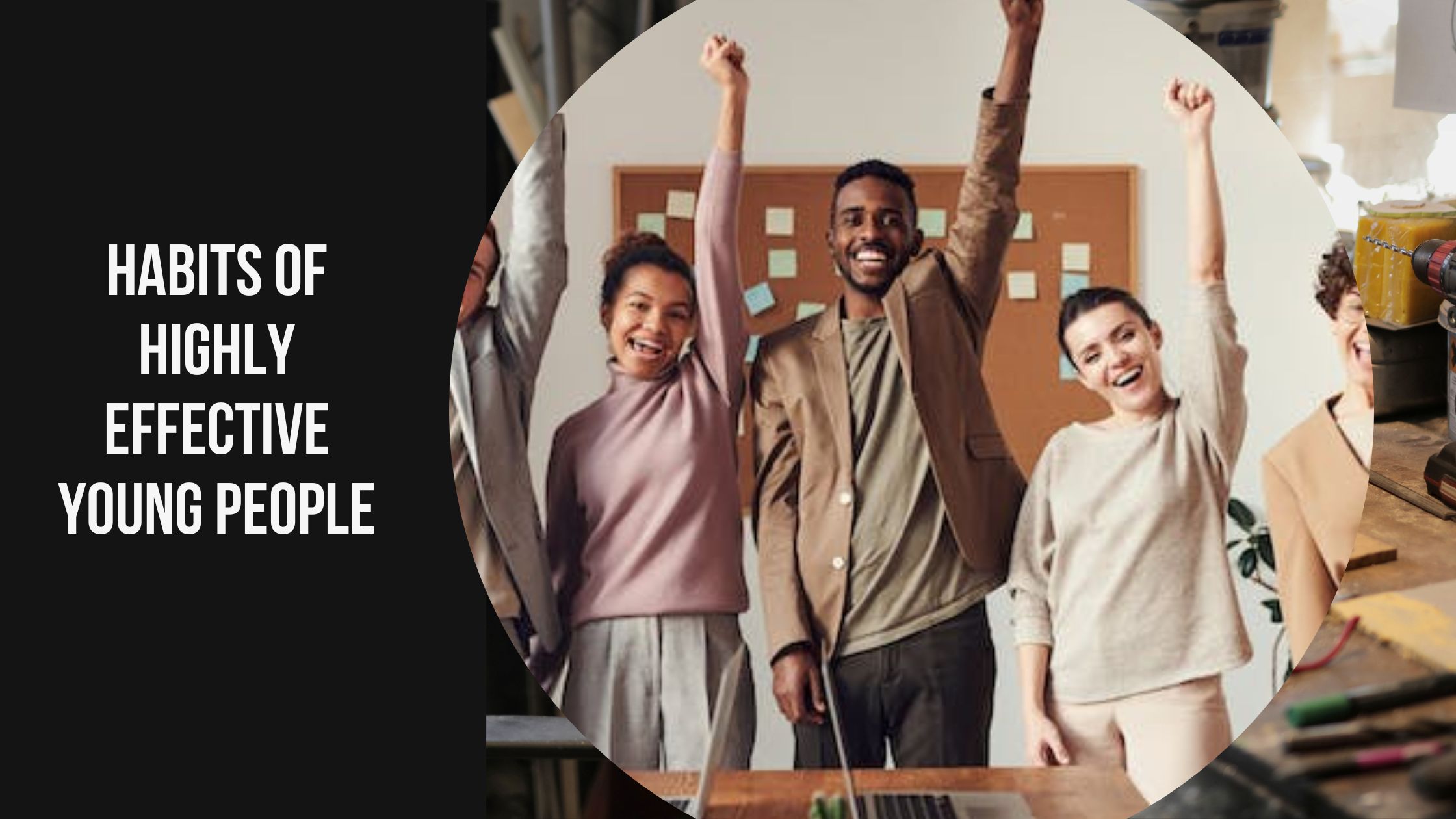Habits Of Highly Effective Young People
The Importance Of Personal Effectiveness In The Life Of A Young Person
Stephen Covey wrote an important book in 1989, titled “The 7 Habits of Highly Effective People.” This book has been a bestseller and is still relevant today. It’s a great book for anyone looking to improve their effectiveness, performance, and productivity. It is no secret that having a sense of mastery over yourself and your life can be an incredible asset. Whether it’s in your career, relationships, or general well-being, having a strong grasp of the 7 habits will help you move from a state of dependence to independence, and finally to interdependence. The 7 habits can be summarized into three key areas – Time Management or Self-Management, Relationship Management or People Skills, and Results in Management or Performance Skills. In this post, we’ll take a look at the 3 of the 7 habits and how they can help you move from a state of dependence to independence, and finally to interdependence. We will further draw on some extra lessons that can help you progress.
1. Be Proactive – Circle of Influence
The first habit is to be proactive—which means that you recognize that you are “response-able” for your behavior, actions, and results/failures. Focus on what you can control rather than what you can’t control; don’t blame genetics, circumstances, conditions, or conditioning for your behavior. By recognizing that your life is up to you—you are in the driver’s seat—you will be able to make better decisions and achieve better results.
2. Begin with End in Mind
The second habit is, to begin with, the end in mind. This means that all things are created twice; first in the mind (Mental or Spiritual Creation) and then in the physical (Second Creation). Before taking any action or making any decisions it is important to have a clear vision of what your goal looks like; visualize the outcome before taking any steps towards achieving it. Having a clear vision will help keep you focused on what matters most and motivated throughout the journey ahead of you.
3. Put First Things First
The third habit is to put first things first which focuses on prioritizing tasks according to importance rather than urgency. Knowing which tasks are most important will allow you to focus your energy on those tasks instead of getting overwhelmed by urgent tasks that may not be as important in the long run. Prioritizing tasks based on importance will help ensure that no task falls through the cracks while also helping prevent burnout from constantly working on low-priority tasks
What Habits Will Help You To Achieve Self-Mastery As A Young Person?
I really would encourage you to grab the book and read it. But while you are at that, why don’t we take a quick look at how you can become more effective in applying the principles from the book? As mentioned earlier, we shall be looking at the following areas;
- Time Management or Self-Management;
- Relationship Management or People Skills; and
- Results Management or Performance Skills.
Time Management or Self-Management
The most important habit to master is time management or self-management. This involves being proactive about your goals and taking ownership of the results you produce. Start by understanding the difference between what you can control and what you cannot control. Focus on what is within your circle of influence and actively work towards making progress in those areas first. Additionally, have a clear plan for how you want to achieve your goals – this is often referred to as beginning with the end in mind. Having an idea of where you want to go will help guide everything else that follows suit – from daily routines to long-term planning
Relationship Management or People Skills
Another key area when it comes to self-mastery is relationship management or people skills. This involves developing strong communication skills so that you can effectively connect with other individuals who may support you in achieving success in various areas of life such as career development and personal growth opportunities. Specifically, this includes demonstrating active listening skills coupled with effective speaking strategies (e.g., being concise) so that you are able to build meaningful relationships with others while also creating trust and respect among all parties involved in any given situation.
Results Management or Performance Skills
Lastly, results management or performance skills involve setting measurable goals and objectives for yourself so that you have something tangible to work towards at all times throughout your journey towards self-mastery. Track progress regularly so that you stay motivated and are able to adjust accordingly if need be; mistakes are inevitable but don’t let them hold you back from achieving success! Additionally, take full responsibility for the outcomes achieved – whether it was positive or negative – as this will help create a stronger sense of accountability moving forward which will ultimately lead to greater levels of personal satisfaction once those goals are met eventually!
Conclusion:
The seven habits outlined by Stephen Covey can help anyone move from being dependent on others towards becoming more independent—and ultimately more interdependent—in their work life as well as their personal life! By being proactive, beginning with the end in mind, and putting first things first—you will increase your effectiveness, performance, and productivity which will lead to greater success both professionally and personally! So why not give them a try? You might just find yourself surprised at how much these habits can change your life for the better! The truth is; moving from a state of dependence to independence requires mastering many different facets of life including time management/self-management, relationship management/people skills, and results in management/performance skills.
With patience, dedication and lots of practice these three habits will help anyone move towards greater levels of self-mastery which leads not only to improved effectiveness but also greater happiness overall! Start small today by assessing where you currently stand then slowly build up momentum as time goes on until eventually reach those desired outcomes!





